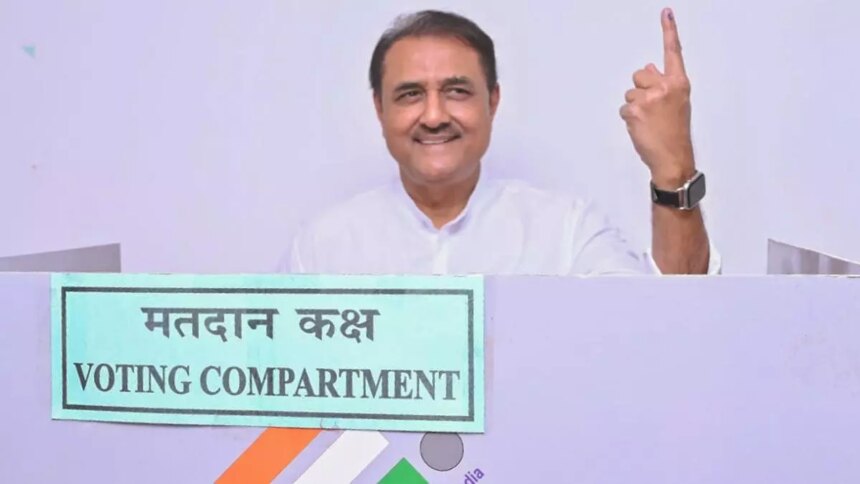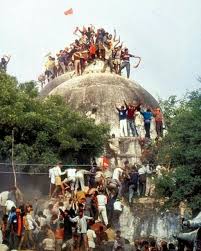The capital city is rife with speculation regarding a potential reshuffle of the Union Council of Ministers in the upcoming weeks. The recent election outcomes in Maharashtra and the impending Assembly elections in Bihar are key factors influencing this strategic move.
Following the Maharashtra elections, the ruling BJP must consider its alliances with the NCP (Ajit Pawar faction) and the Shiv Sena (Shinde faction) when contemplating changes in the Union Cabinet. The Shiv Sena, led by Eknath Shinde, has seven Lok Sabha MPs but currently has only one representation in the Cabinet through Minister of State Prataprao Ganpatrao Jadhav. Meanwhile, the NCP (Ajit Pawar faction), which holds one Lok Sabha seat, has no members in the Council of Ministers.
Praful Patel, a Rajya Sabha MP associated with the NCP (Ajit Pawar faction), is considered a strong candidate for a Cabinet position. Discussions between the BJP and NCP have reportedly been underway, with the BJP likely to propose Patel’s appointment as Minister of State with Independent Charge. However, this was perceived as a downgrade by the NCP, given that Patel previously served as a Cabinet Minister during the second term of the UPA government. Consequently, there is a possibility that he might be appointed to a full Cabinet position instead.
In Bihar, the need for adjustments in the ministerial lineup arises due to the approaching Assembly elections. Currently, the state has a total of eight ministers, including four from the BJP, two from the JD-U, and one each from Chirag Paswan’s LJP and the Hindustan Awam Morcha (Secular). With the dynamics of caste representation becoming increasingly important, the introduction of new faces from Bihar’s political landscape is anticipated.
To make room for Patel, the government will likely have to relieve an existing member from the Council of Ministers. This necessity stems from the 91st amendment to the Constitution, which limits the membership of the Council to 15 percent of the total Lok Sabha members. The current Lok Sabha comprises 543 members (with one seat vacant), capping the effective strength of the Council of Ministers at 81.
As of now, the Council consists of 81 members, including the Prime Minister, 30 Cabinet Ministers, 5 Ministers of State with Independent Charge, and 36 Ministers of State. The amendment does not delineate specific quotas for each category, meaning that even the departure of a Minister of State could create an opportunity to include a new member in the ministerial roster.










